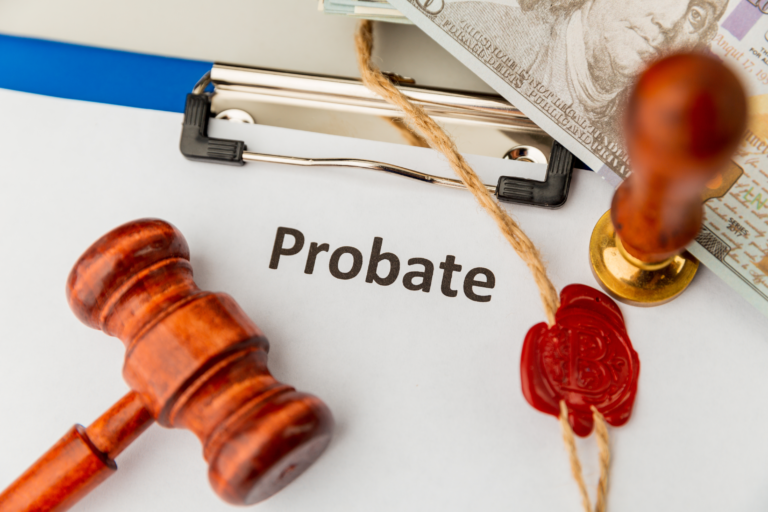Florida attracts more real estate investors from other states year after year, especially considering the state’s post-covid real estate boom. Accordingly, many property owners are non-residents of Florida.
Recently, most state courts are witnessing a surge in probate cases that require ancillary administration, which applies only to cases under specific circumstances. Keep reading to discover what ancillary probate is and how to avoid it in Florida.
Understanding Ancillary Probate – As Provided by Law
Florida Statutes §734.102 (1) provides that “if a nonresident of this state dies leaving assets in this state, credits due from residents in this state, or liens on property in this state, a personal representative specifically designated in the decedent’s will to administer the Florida property shall be entitled to have ancillary letters issued.”
Hence, ancillary probate is required:
- If a person dies and leaves assets in the state of Florida
- If a person dies and leaves liens on property located in Florida
- If a person dies and leaves credits due from residents in Florida
- If a person dies and leaves a business in the state of Florida, or
- If a person dies and leaves a car, boat, or mobile home titled by the state of Florida.
Why Should I Avoid Ancillary Probate in Florida?
Regardless of the decedent’s assets located in Florida, ancillary probate proceedings can be time-demanding and overwhelmingly expensive.
As provided by Florida Probate Rule 5.030, the individual representing a non-resident decedent’s estate in Florida must hire licensed legal counseling. Ancillary probate requires the services of an attorney licensed in Florida, regardless of the decedent’s representative choice.
According to Florida Probate Code Sec. 733.6171, a licensed attorney in Florida may charge attorneys’ fees at a rate that starts at 3% of the value of the decedent’s assets located in Florida.
For example, let us say a New York State resident died owning a vacation home worth $250,000 in Florida. Under the Florida Probate Code, an attorney in Florida can charge a hefty $7,500 fee to handle ancillary probate proceedings applied to such a case.
Considering the massive costs involved with ancillary probate proceedings for non-Florida residents, the best approach is to avoid the process altogether by having specific strategies in place upon death.
How Do I Avoid Ancillary Probate in Florida? – Feasible Solutions Only
Trust Ownership
Florida residents often utilize trusts to avoid probate. Indeed, transferring the title of property to a trust designates how the property should be handled upon the trust maker’s death and provides an automatic succession mechanism to secure beneficiaries.
Typically, a revocable trust is commonly used by real property owners to transfer the title of property while retaining control of the assets held in trust during their lifetimes. Still, an irrevocable trust is a stricter but valuable option for people who want to reduce taxable estate as well.
Joint Ownership
It is possible to title property in Florida to include one or more individuals and grant them the right of survivorship. Hence, once the property’s owner passes away, the survivor(s) automatically receive the property – waiving the need for ancillary probate and saving money.
Enhanced Life Estate Deeds
Also known as “Lady bird deeds,” enhanced life estate deeds are legally recognized in Florida. Hence, non-residents who own property in the Sunshine State can be life tenants (owner of the property) and pass real property outside of probate to their remaindermen, the beneficiaries named in the deed.
Owning Property Titled to a Business Entity
Many out-of-state residents purchase commercial properties or rental real estate in Florida. To avoid ancillary probate, it is possible to transfer such properties into a business entity, such as a corporation or a limited liability company.
Therefore, the real property is no longer considered to be the owner’s personal property, as it is titled to the business entity. Then, if the non-resident owner dies while owning property in Florida, these properties will not undergo ancillary probate.
Avoid Ancillary Probate in Florida – Immediately Contact Your Florida Probate Lawyer
Before taking the next step to protect your estate from ancillary probate, consult with an expert probate attorney to find a cost-efficient solution and ensure full legal compliance.
Waste no time – call Attorneys Romy B. Jurado and Diana L. Collazos at (305) 921-0976 or email [email protected] to schedule a consultation.






